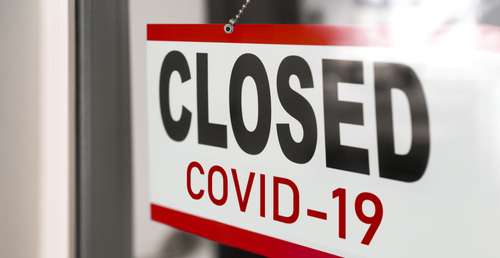
Senate Bill 2, legislation supporting an amendment to the Pennsylvania Constitution limiting the length of future emergency disaster declarations, received final legislative approval last week and will be placed on the ballot for the May 18 primary election.
Under current law, a governor’s emergency declaration can last up to 90 days and be renewed by the governor alone indefinitely. Under Senate Bill 2, an emergency declaration would be limited to 21 days with extensions approved by the General Assembly.
“By placing this amendment on the ballot, and receiving the approval of Pennsylvania citizens, we will ensure that representation exists even during an extended state emergency,” said Senate Majority Leader Kim Ward (R-39), sponsor of Senate Bill 2. “This amendment will give power back to the people who elect us to represent them.”
The legislation, cosponsored by Sens. Scott Martin (R-13) and John DiSanto (R-15), passed the House of Representatives on Feb. 5 with a vote of 116-86. It previously advanced the Senate at the end of January with a vote of 28-20-1.
“Throughout the pandemic, the voices of many Pennsylvanians have been silenced by Governor Wolf’s unilateral actions and arbitrary orders. Now, state residents will have an opportunity to ensure their voices are heard,” Martin said. “We have seen the consequences of one person or one branch of government wielding too much authority for an indefinite period of time, and the results are not good.”
The senators stated that the consolidation of power has led to several problems throughout the pandemic, including delayed Unemployment Compensation payments to displaced workers, negatively impacted long-term care settings, and individual businesses and entire industries being shuttered longer than necessary.
As a constitutional amendment, Senate Bill 2 had to be approved by the General Assembly in two consecutive legislative sessions, which it achieved with the recent House passage, before being brought to state voters.
“The elected Pennsylvania Legislature attempted to pass bills to prevent and mitigate this damage, and the governor refused to listen to our constituents time and time again,” Ward said. “Now, it is those constituents who will have the chance to ensure that no future governor can wield such enormous power for so long.”